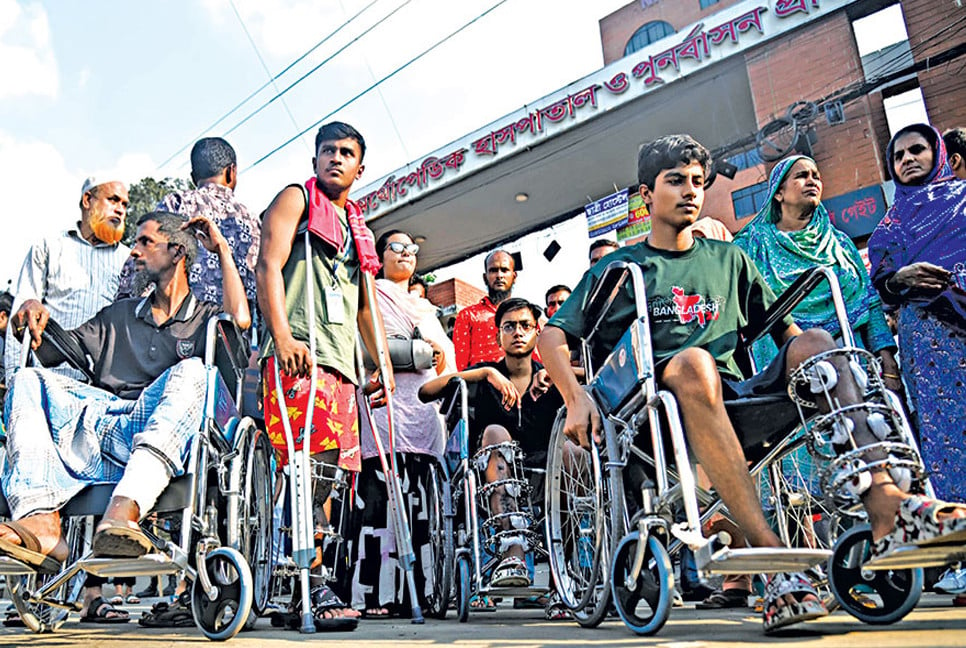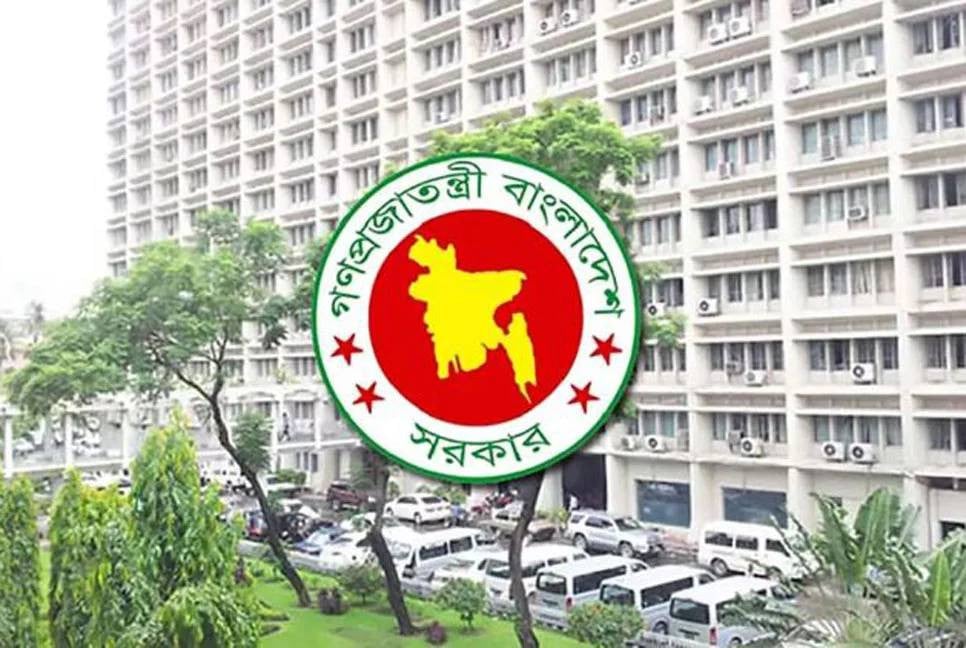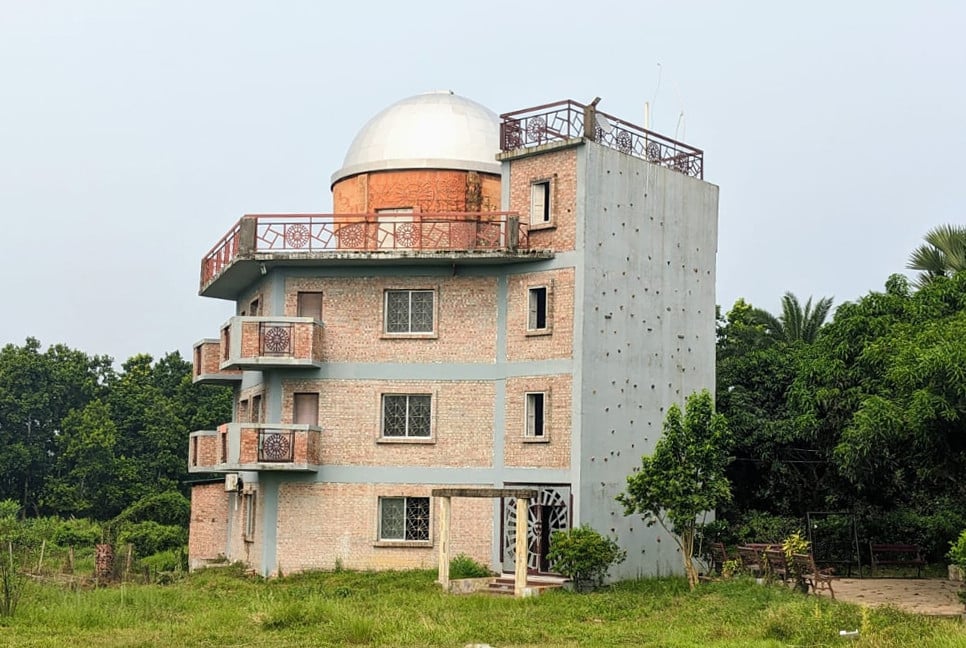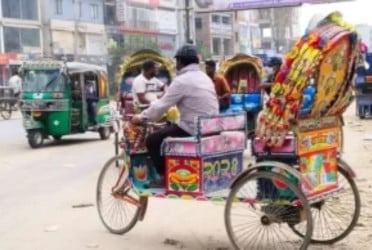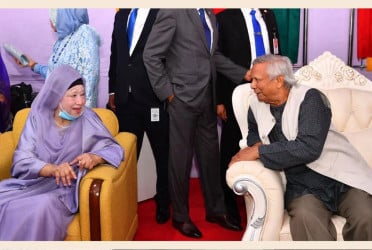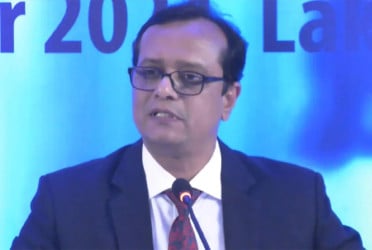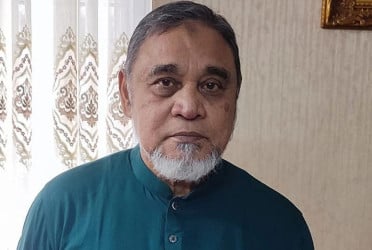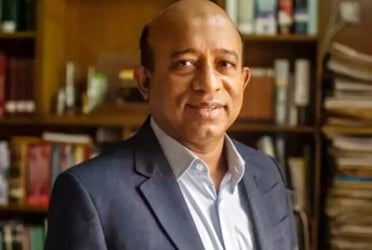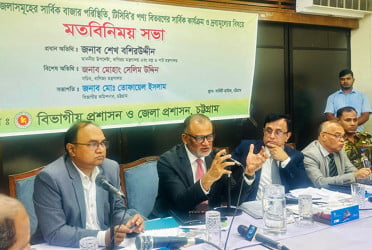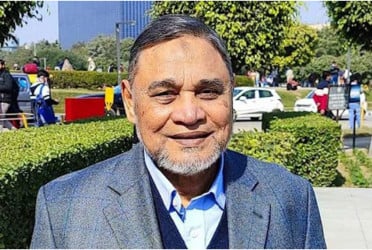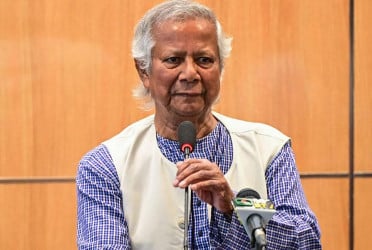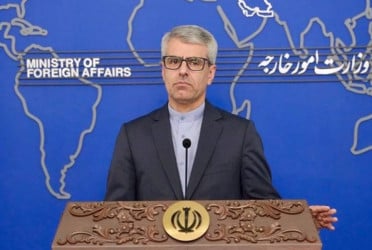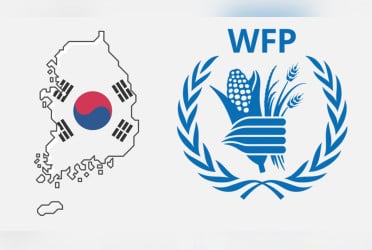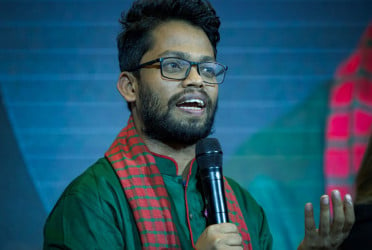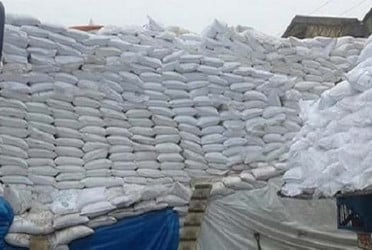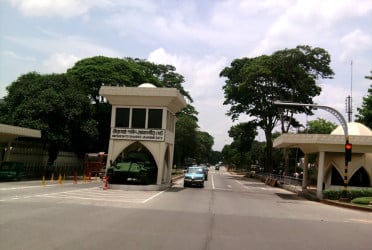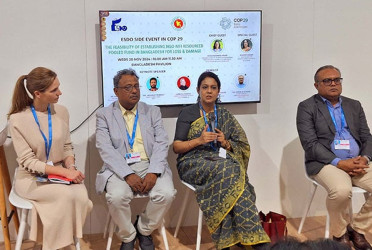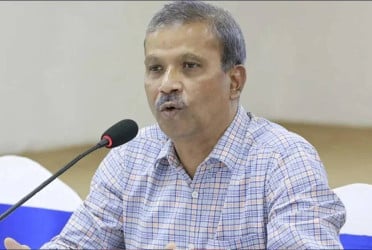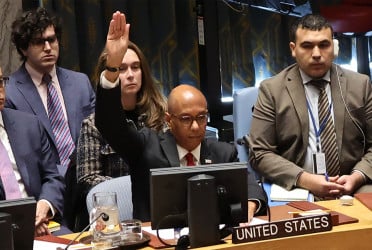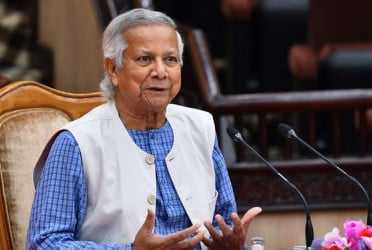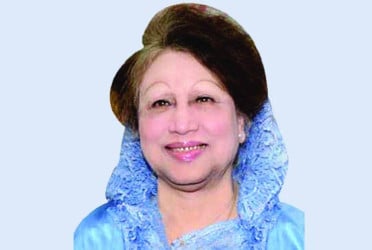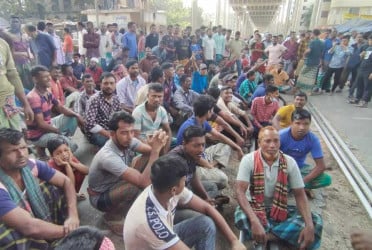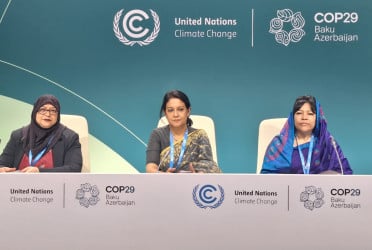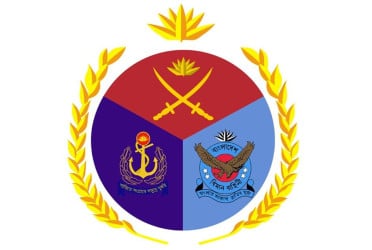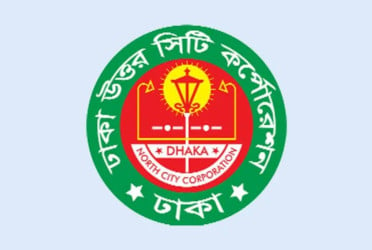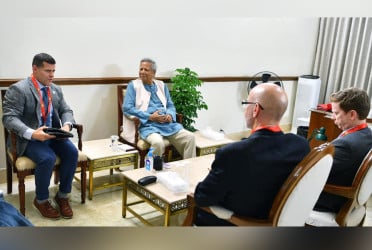Private hospitals in the country are reportedly profiting significantly from ICU (Intensive Care Unit) services, often leaving patients' families destitute. Allegations of unnecessary ICU admissions and prolonged stays to inflate bills are widespread. Relatives of patients frequently claim they are forced to sell land and exhaust their savings to cover exorbitant ICU costs.
In government hospitals, 70-80 critically ill patients are often on a waiting list for an ICU bed, pushing desperate families towards private hospitals. The high demand and limited availability in public facilities exacerbate the situation.
A poignant case is that of Nadia Noor, a 30-year-old bank officer admitted to Islami Bank Hospital and Cardiac Center in Pallabi on June 1 for diarrhea. Despite being four months pregnant, she died five days later. Her husband, Anisur Rahman Palash, accuses the hospital of medical negligence. He claims that Nadia's condition stabilized initially but deteriorated the next day due to a cardiac arrest, with no doctor attending to her for hours. By the time she was moved to the ICU, it was too late, leading to the loss of both the baby and Nadia.
Such cases illustrate the alleged 'business' tactics of private hospitals, which capitalize on the emotional turmoil of patients' relatives. Although authorities impose fines, hospitals often continue their lucrative practices undeterred.
Medical professionals indicate that ICU admissions should be reserved for patients requiring intensive monitoring and support, such as those with critically low blood pressure or severe respiratory issues. However, reports suggest that private hospitals frequently admit patients to the ICU unnecessarily to maximize profits.
Daily costs for ICU care in private hospitals can range from 20,000 to 50,000 taka, depending on the facility's quality. High-end hospitals charge around 50,000 taka per day, while average hospitals charge between 20,000 and 30,000 taka. Both well-known and lesser-known hospitals have been accused of exploiting ICU services, keeping patients admitted without medical necessity to generate revenue.
The country lacks a standardized policy governing ICU bed costs and related charges, allowing private hospitals to operate with considerable autonomy. This regulatory gap has turned the healthcare sector into a commercial enterprise, where emotional exploitation of patients' families is rampant. Families often deplete their life savings and even sell property to afford the necessary care, yet still, face inadequate service.
Health Minister Dr. Samant Lal Sen stated that efforts are ongoing to ensure quality healthcare services for the population. The government is taking action against illegal and substandard hospitals, including imposing fines and shutting down clinics when warranted. Continuous monitoring aims to uphold the necessary service standards and address any instances of malpractice or patient exploitation.
(The report was published on print and online versions of The Bangladesh Pratidin on June 12 and rewritten in English by Tanvir Raihan)










